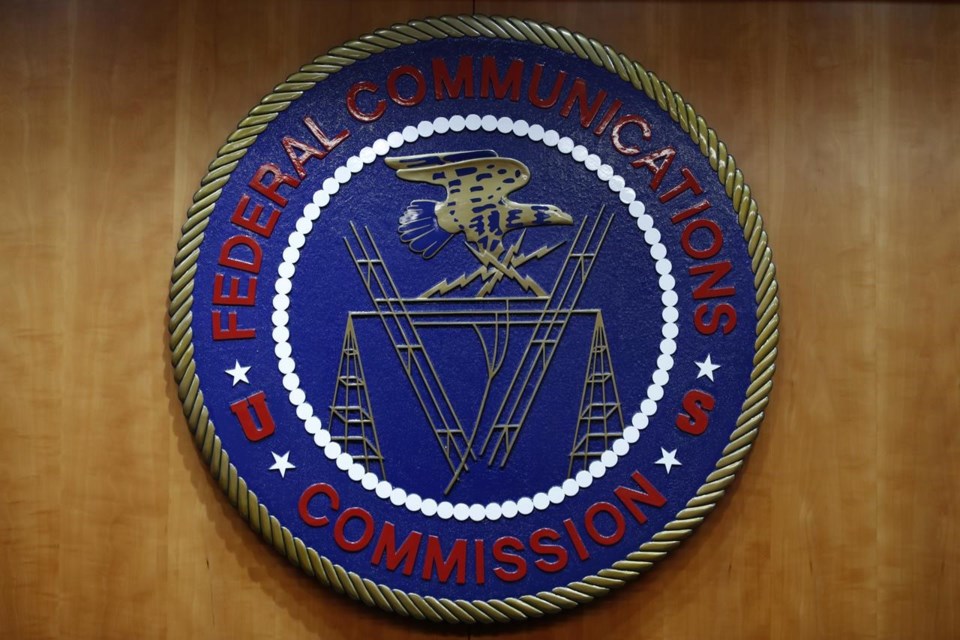DETROIT (AP) — The agency that regulates U.S. telecommunications is considering a rule that could stop domestic abusers from tracking victims through vehicles that are connected wirelessly.
Federal Communications Commission Chairwoman Jessica Rosenworcel is asking other commissioners to start the process of drawing up new regulations.
“Survivors of domestic abuse shouldn’t have to choose between giving up their vehicle and feeling safe," Rosenworcel said in a prepared statement.
Nearly all new vehicles have convenience features that use telecommunications to find cars in parking lots, start the engine remotely, and even connect with emergency responders. But those features can also let abusers track the whereabouts of their victims.
Last year Congress instructed the FCC to implement the “Safe Connections Act,” which gives the agency the authority to help abused partners. Early rules passed by the agency required cell service providers to separate phone lines linked to family plans if an abuser is on the account.
The commission will look into whether the act gives it the power to do the same thing with automakers.
“We're trying to understand the full scope of what processes are in place and what more needs to be done to make sure there are no gaps in providing survivors of abuse an ability to separate from their abusers,” said Jonathan Uriarte, spokesman for Rosenworcel.
If the commission approves a proposed rule, it would get public and industry comment on connected car services.
The initiative comes after Rosenworcel in January sent a letter to nine large U.S. automakers asking for details about connected car systems and plans to support people who have been harassed and stalked by domestic abusers.
The agency said the responses were a mixed bag, with some automakers allowing partners to disconnect their vehicles from automaker or cell phone apps, while others didn’t do much.
For instance, Toyota and Ford said they will remove access to vehicle location information at the request of an abused partner. Ford said in its response that anyone who is concerned about being tracked can use touch screens in the vehicle to turn off location data and even disable connectivity entirely.
But other automakers weren't specific on such options, the agency said.
Rosenworcel began asking about automaker policies after a story in The New York Times about how connected cars are being weaponized in abusive relationships.
Tom Krisher, The Associated Press


